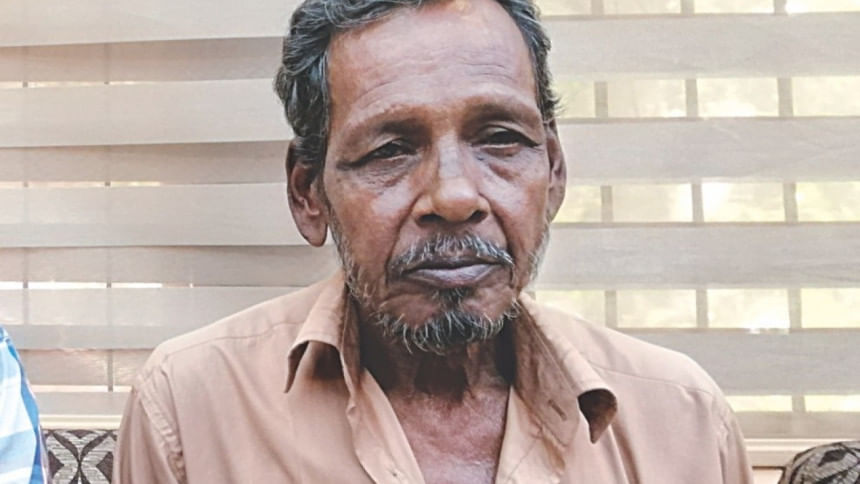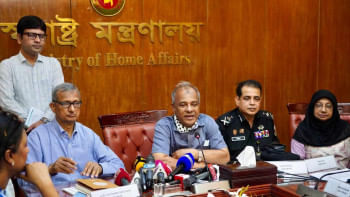The honesty of another rickshaw puller

We are humbled by the honesty of a rickshaw puller in Bogura who returned 18.5 lakh taka to a passenger who had mistakenly left it in the rickshaw. 55-year-old Lal Mia is certainly one of those rare individuals for whom personal integrity is far more precious than money. Considering his social position, one would think that such a large amount of money would make it difficult for him to resist keeping. But no, Lal Mia was determined to give back the money to its rightful owner.
Such acts of honesty with no expectation of anything in return truly give us hope in the goodness of human beings. There have been, moreover, other instances of individuals who belong to the underprivileged sections of the society, displaying such honesty. In 2009 this column mentioned Rupchan, another rickshaw puller plying his rickshaw in Nilkhet, who found a bag containing TK 2.5 lakh and did what morally upright people always do: he took it to the nearest police station and handed it over to the officers there. In 2018 this paper reported on another rickshaw puller —55-year-old Abdul Aziz Khan Janu Miah who had found TK 85,000 on a road in Sylhet city. After failing to find the owner, he handed over the money to two magistrates conducting a drive in that area.
These three examples defy the notion that poverty makes people commit crime. In fact, in our society we have seen individuals holding various powerful positions being caught red handed or facing allegations regarding dishonest activities. Corruption in fact has become a part of the system manifesting itself in practically all sectors and spheres. Financial irregularities have been found in the banking sector, public offices, law enforcement, educational institutions—practically everywhere we look. Such corruption eats away into the heart of the nation, retarding its development and killing its potential.
Thus when we hear about rickshaw pullers like Lal Mia, Janu Miah and Rupchan, it gives us hope that there are many such individuals whose principles and values will far outweigh their personal interest or need, that they would rather go hungry and struggle than take someone else's possession or money, that they value honesty much more than material possession. They are ordinary men yet possess extraordinary virtues. Society has a lot to learn from them.

 For all latest news, follow The Daily Star's Google News channel.
For all latest news, follow The Daily Star's Google News channel. 



Comments